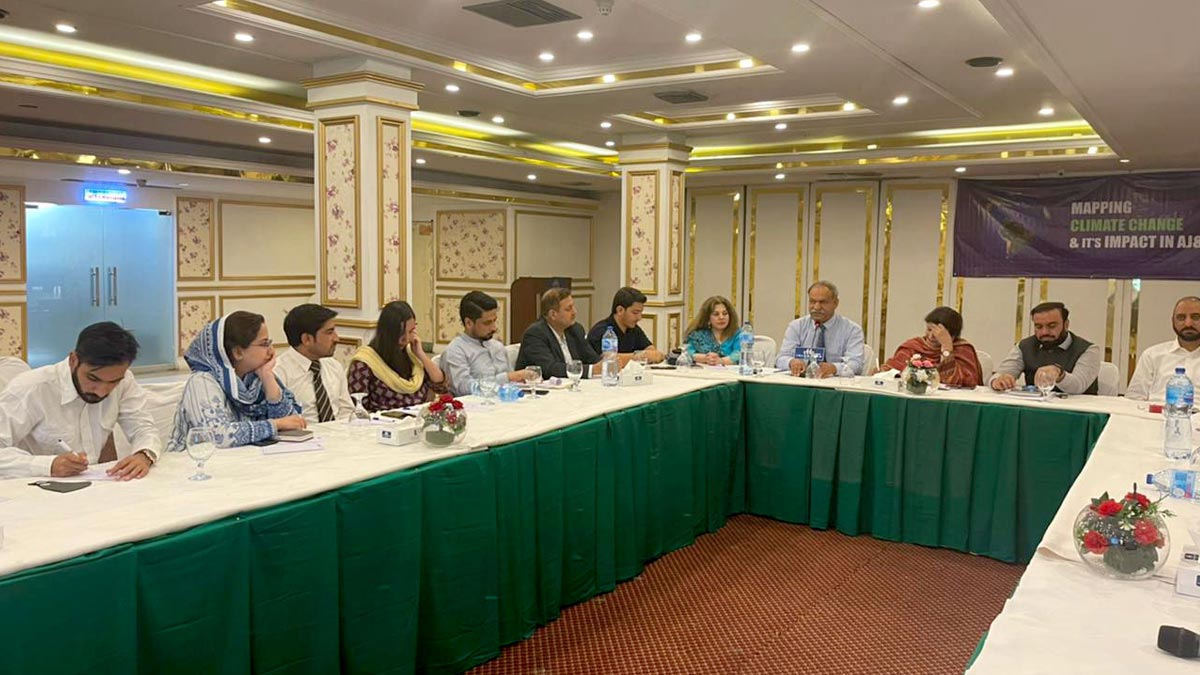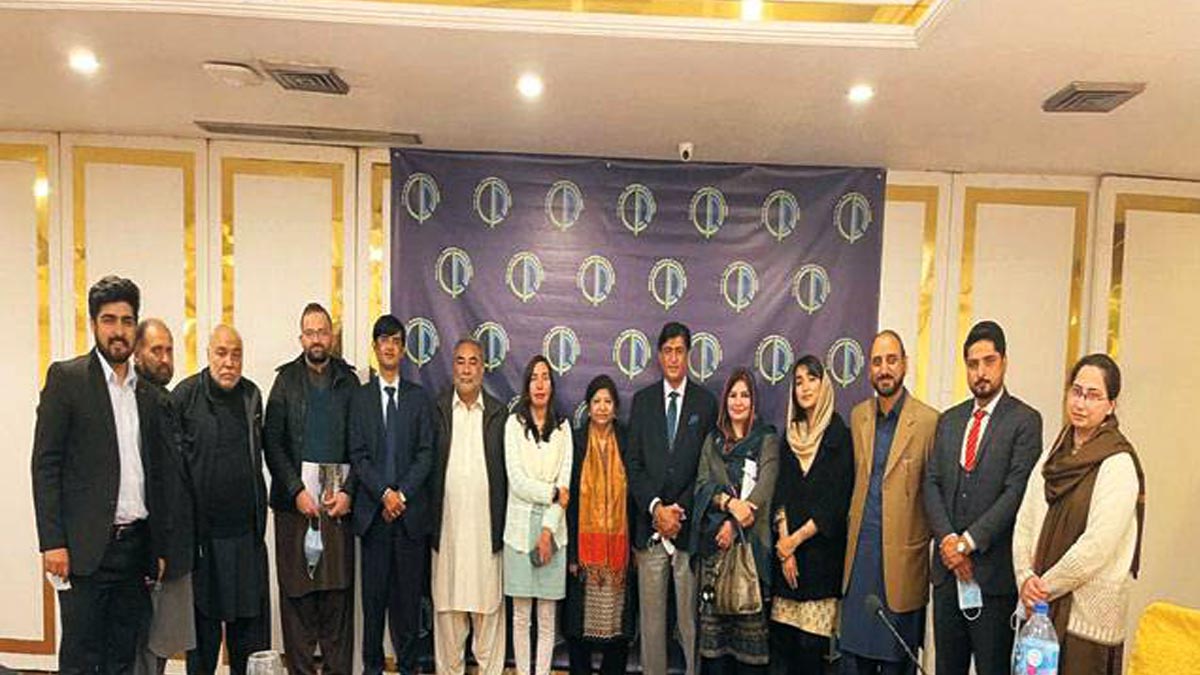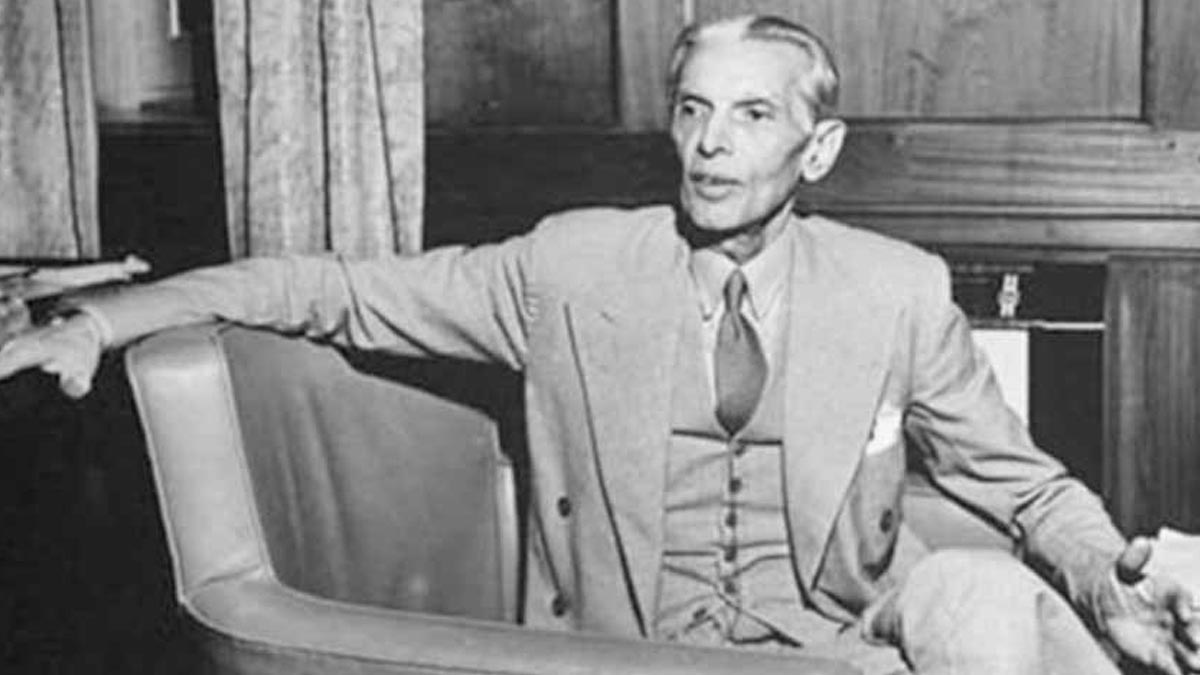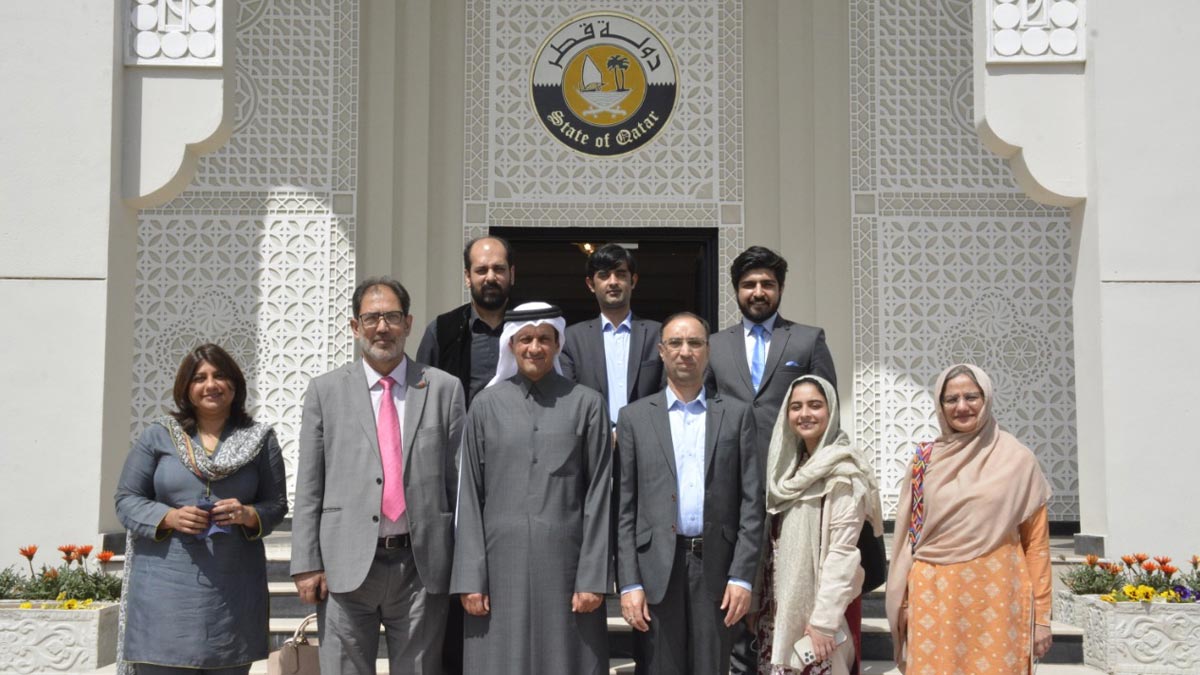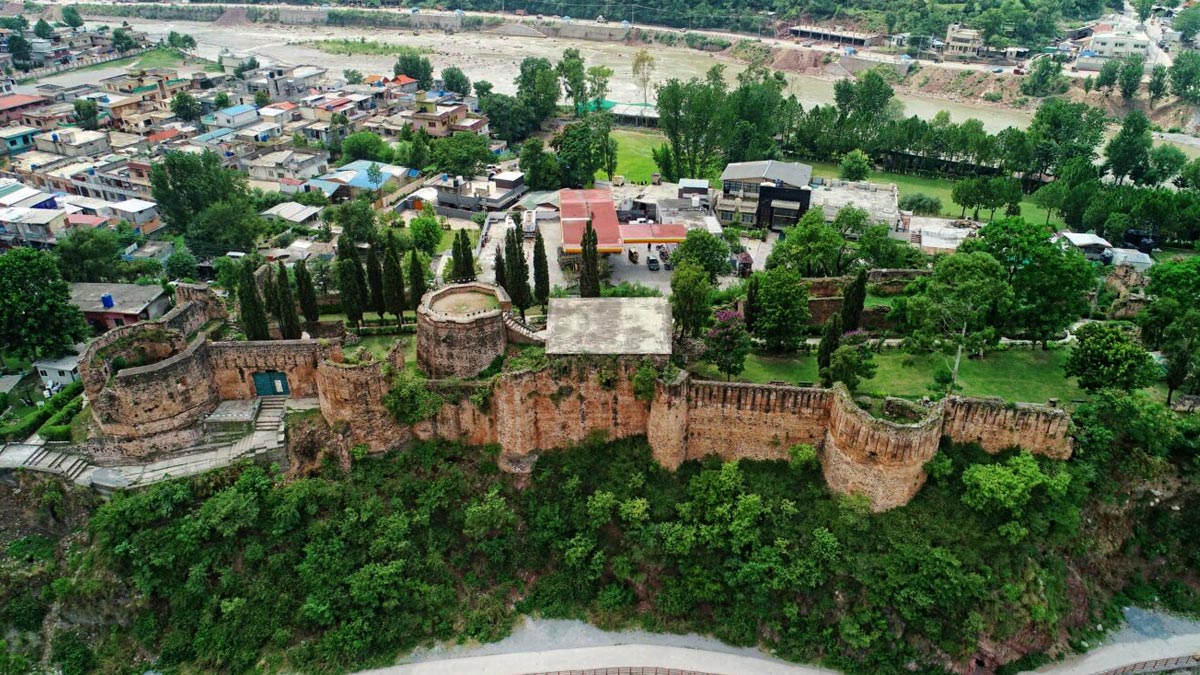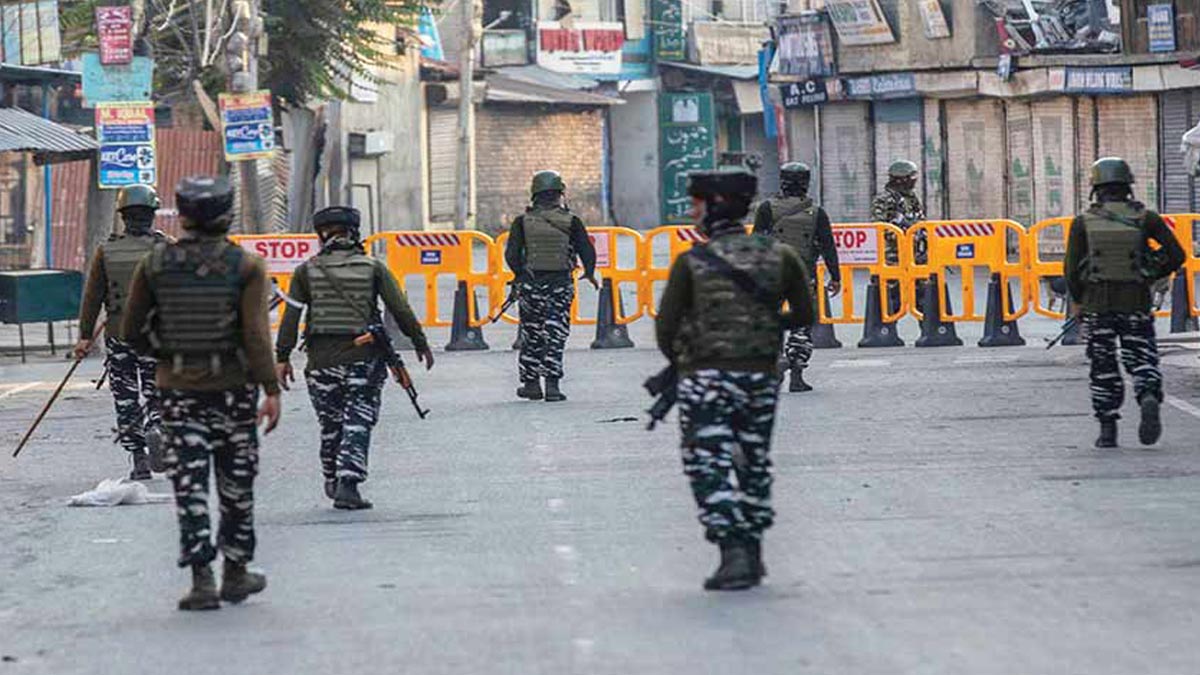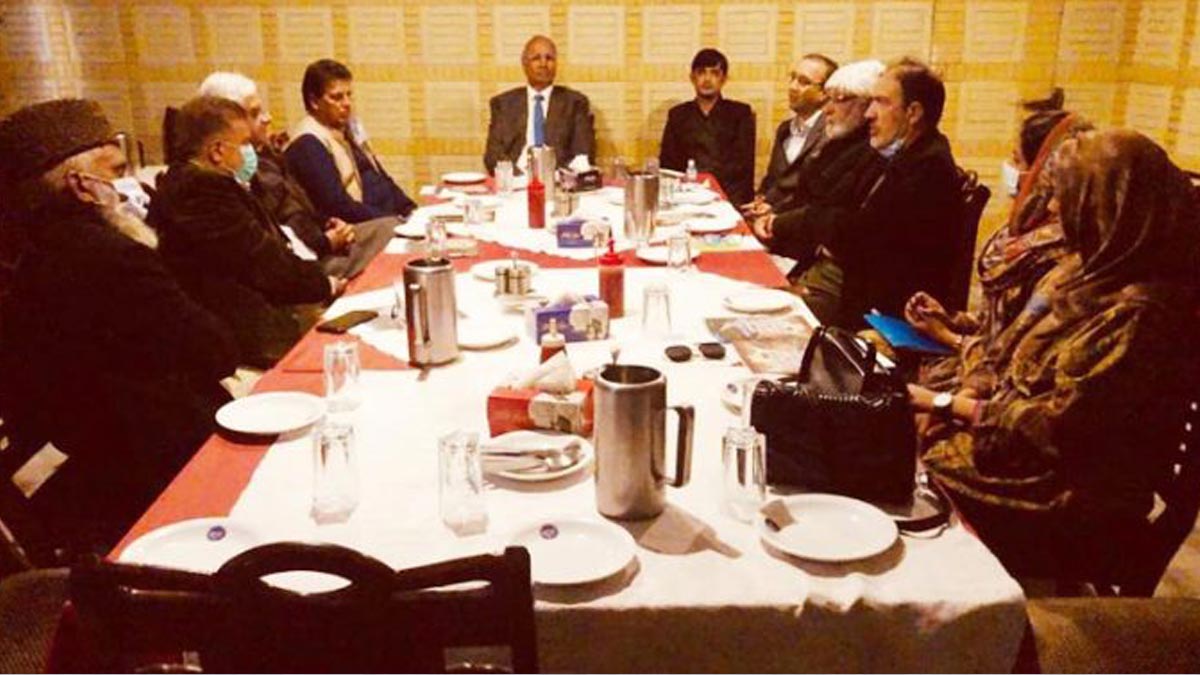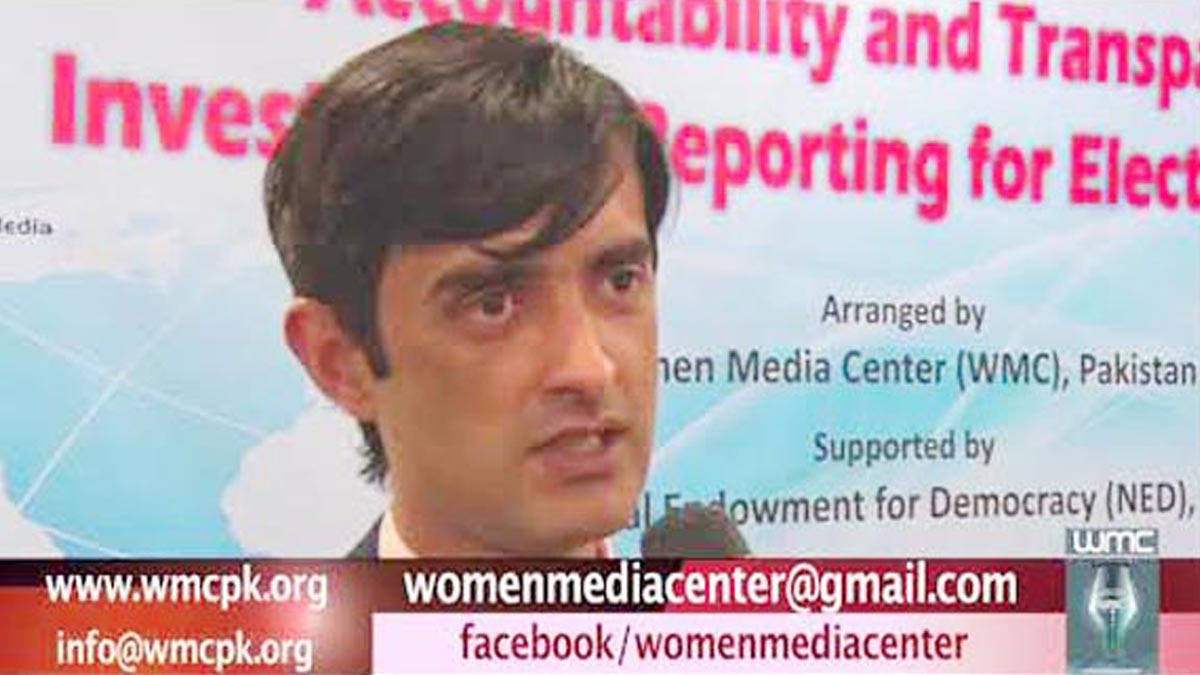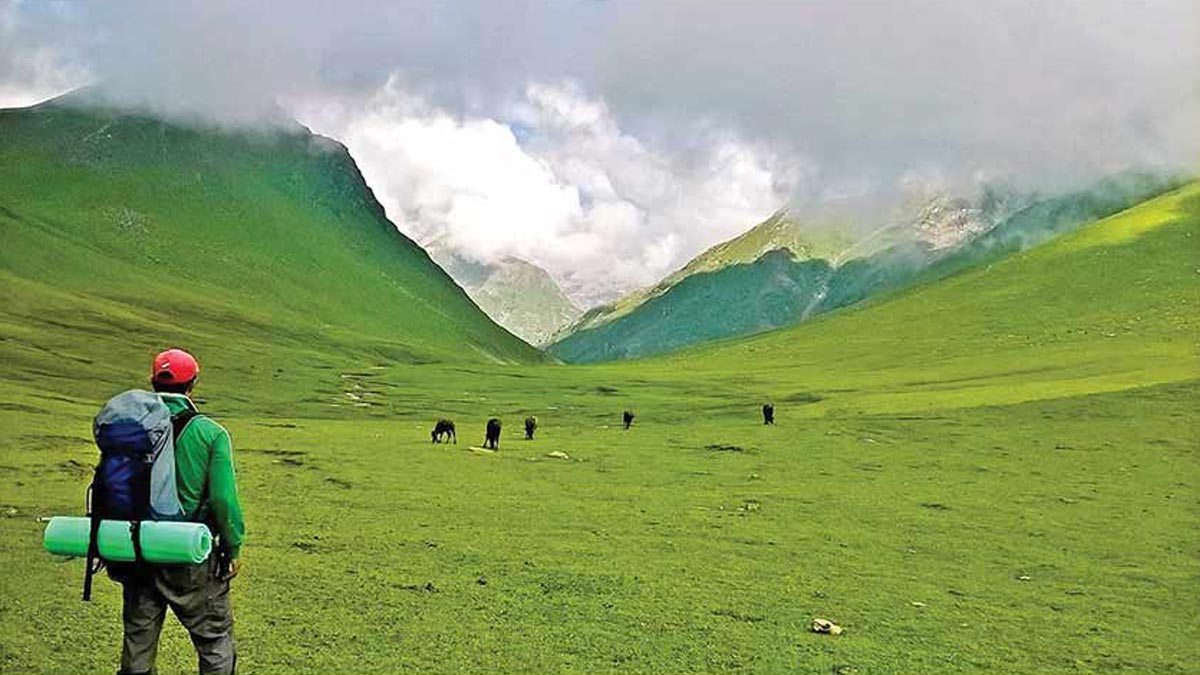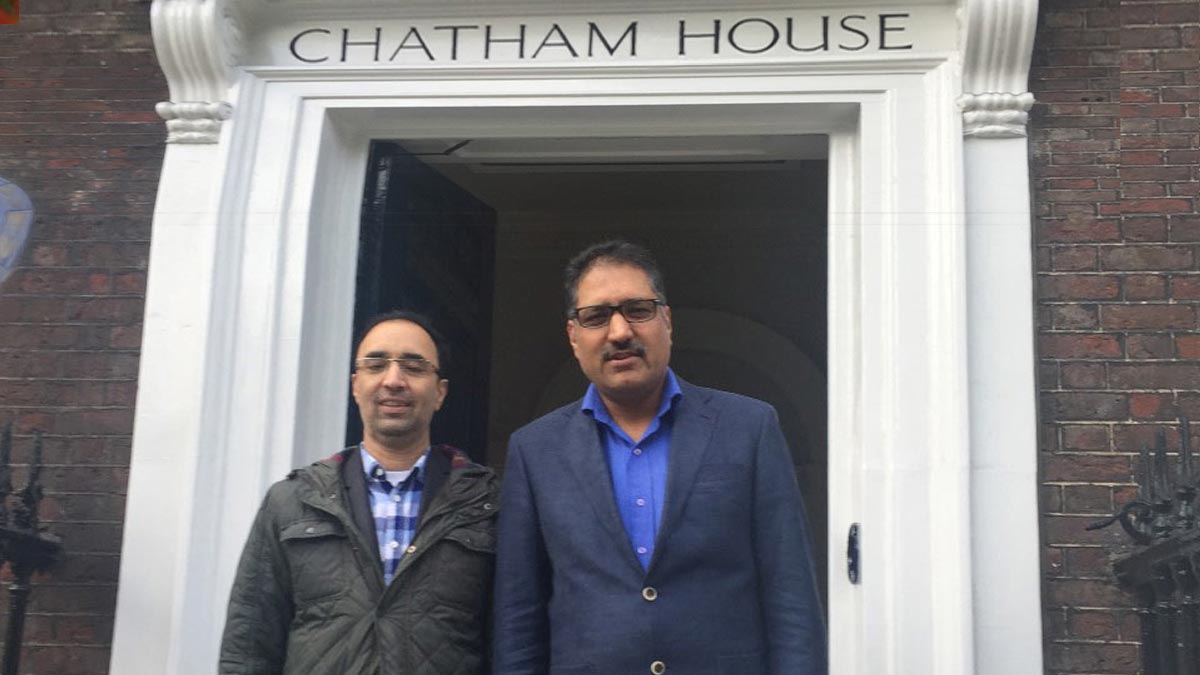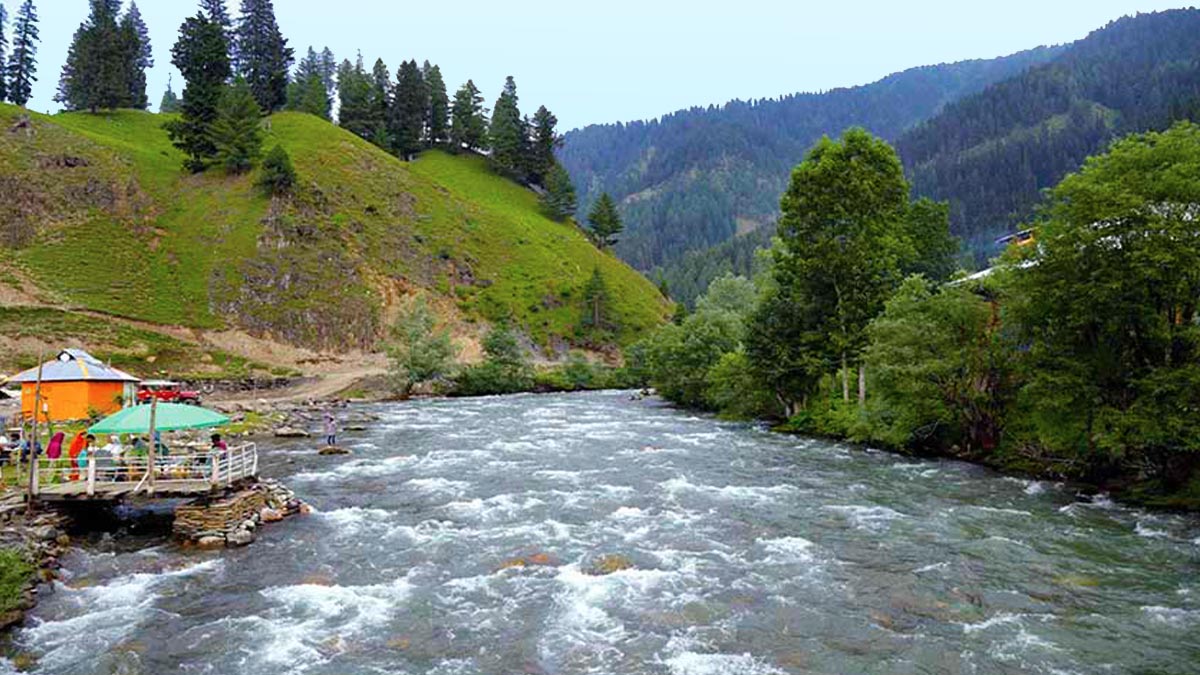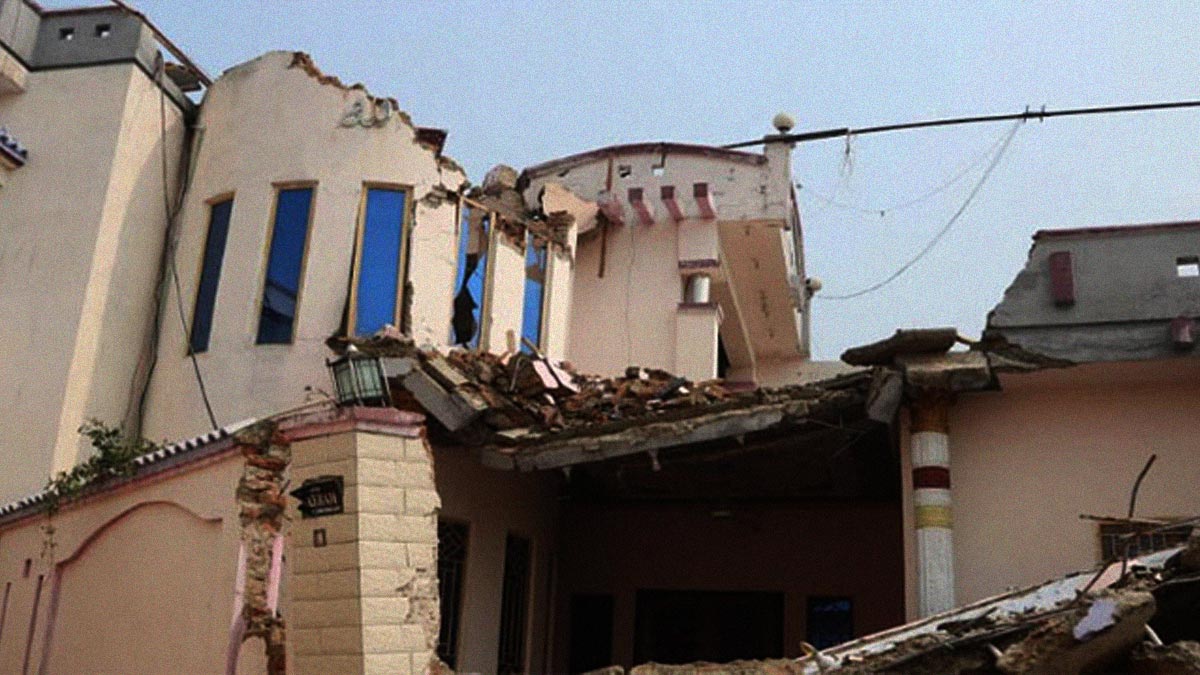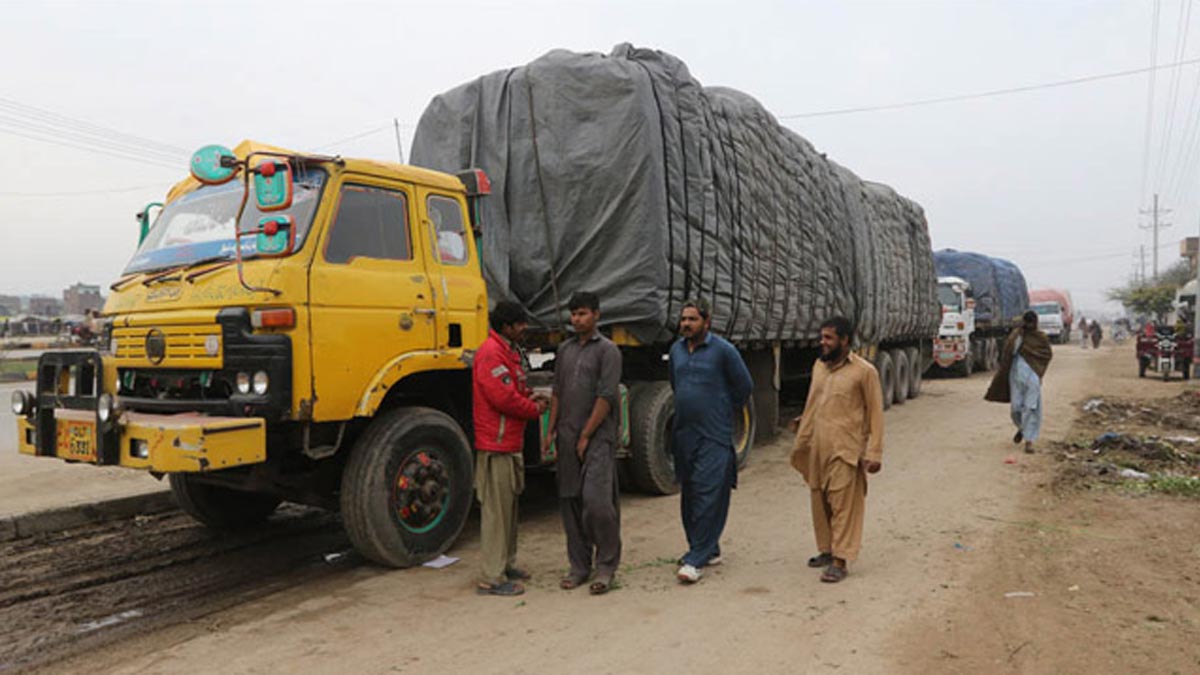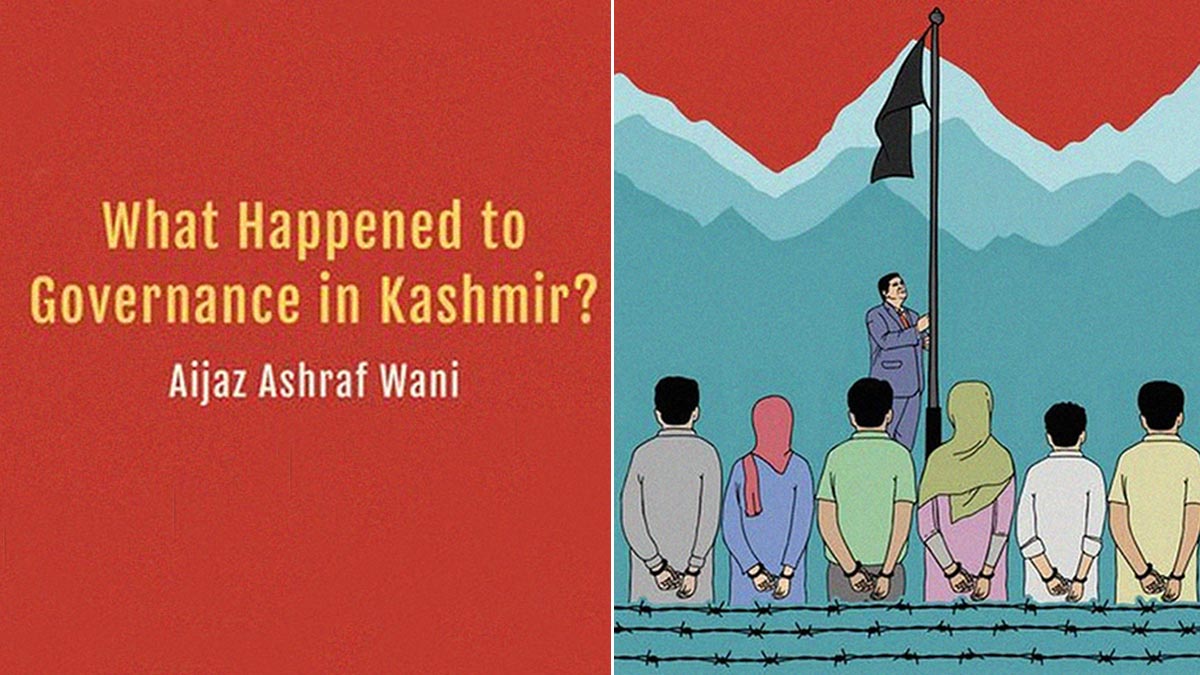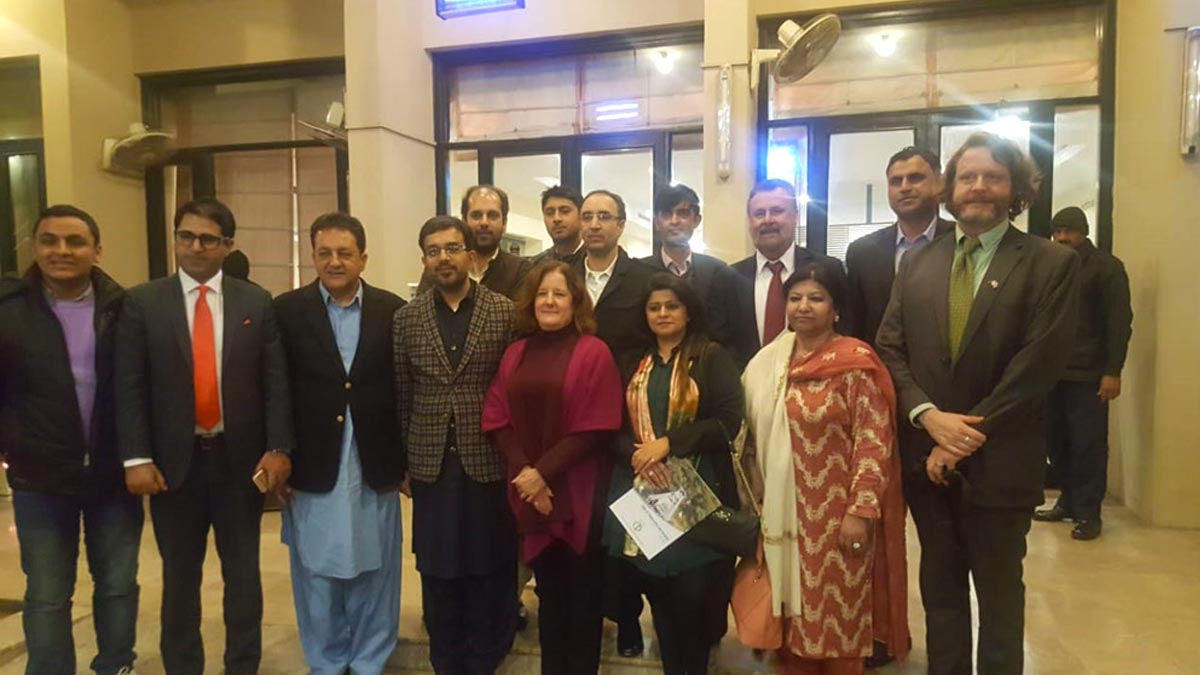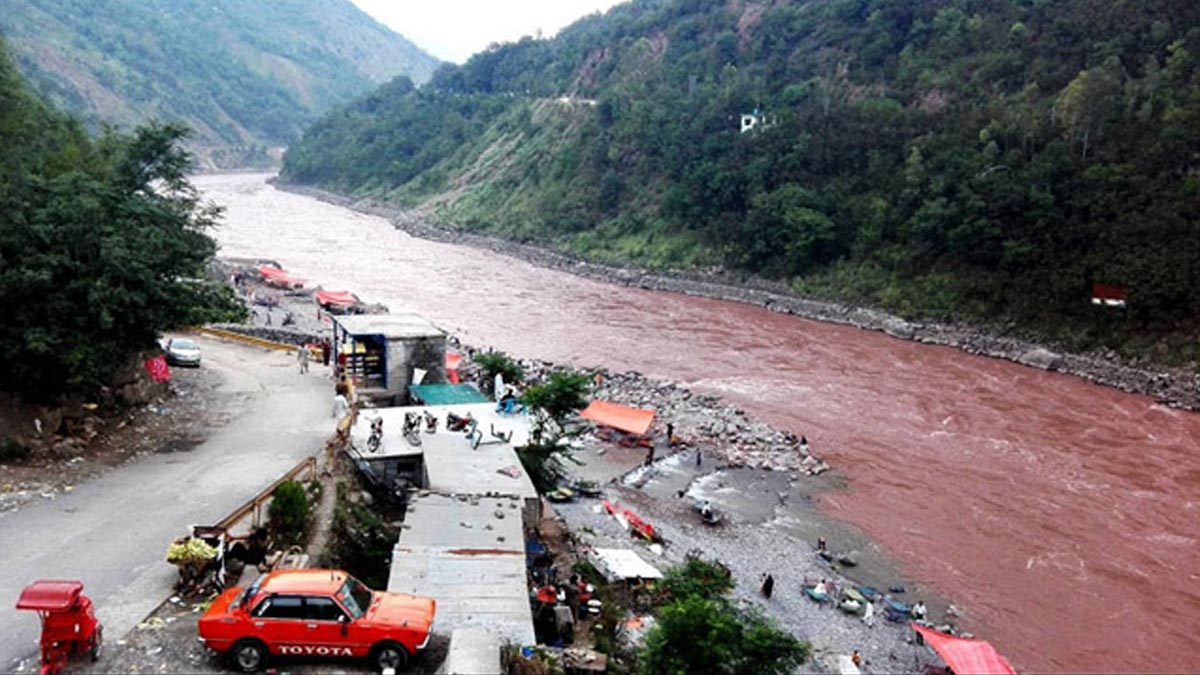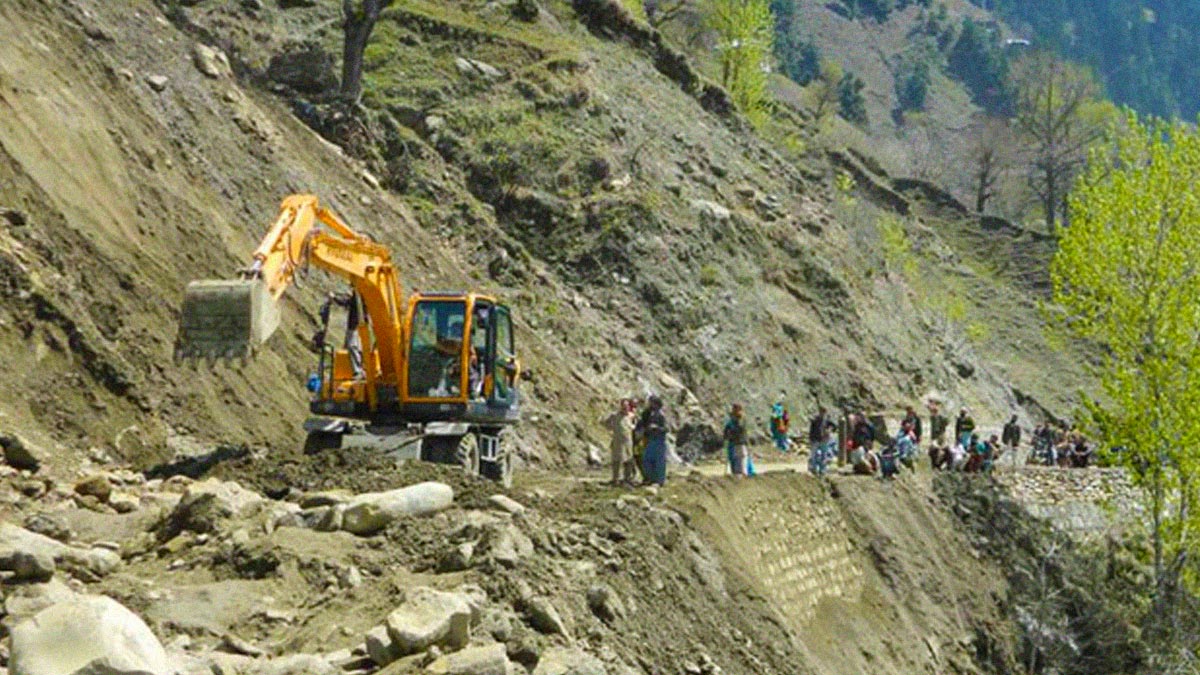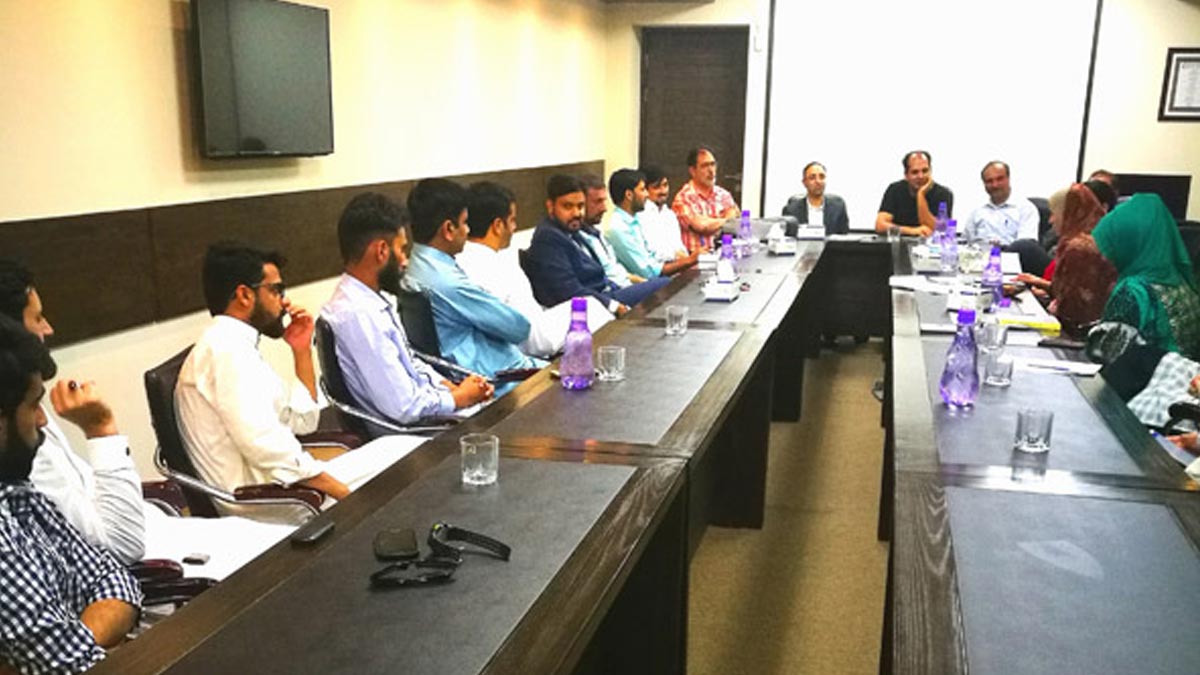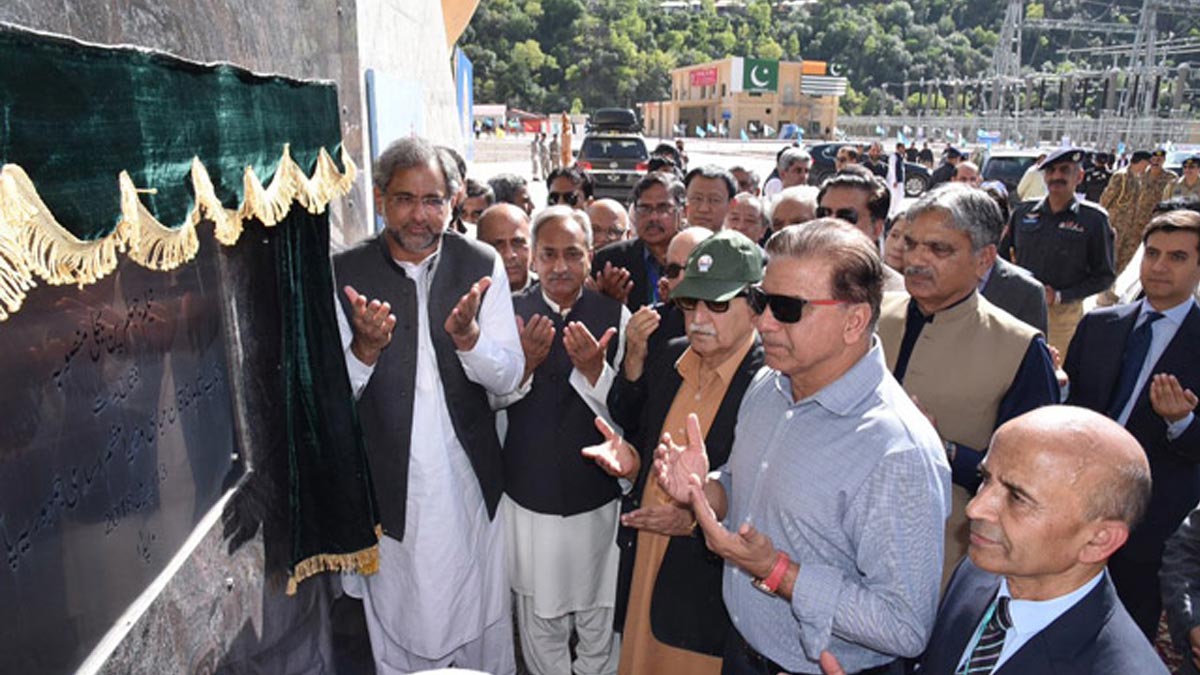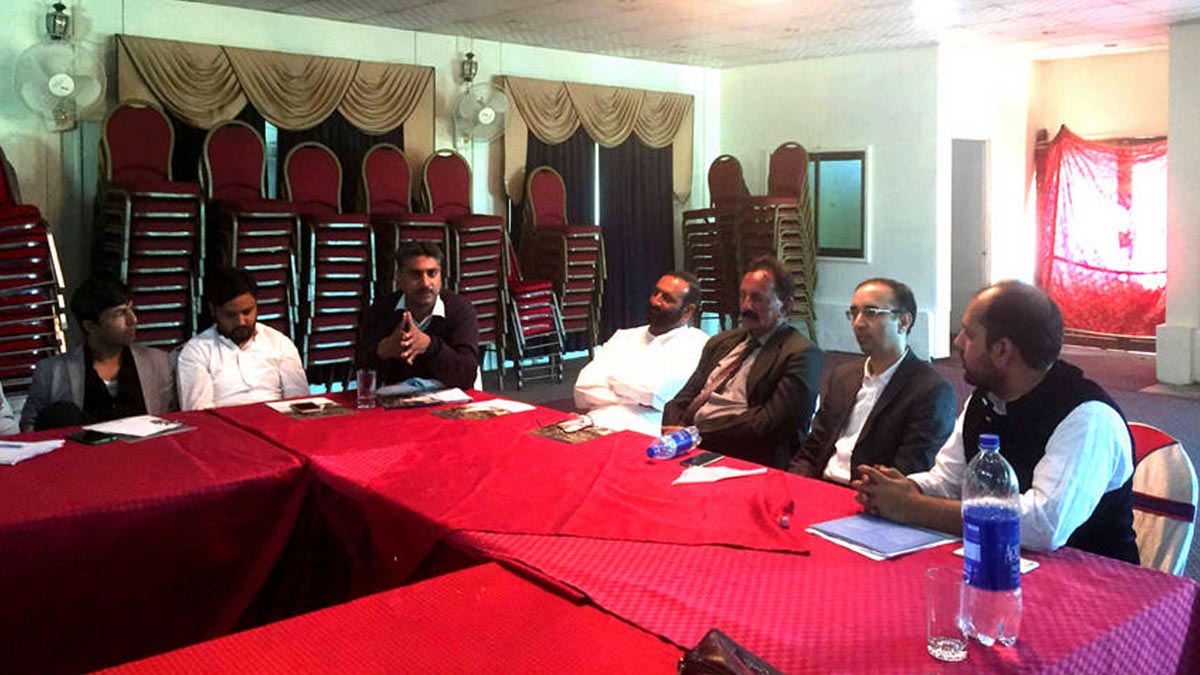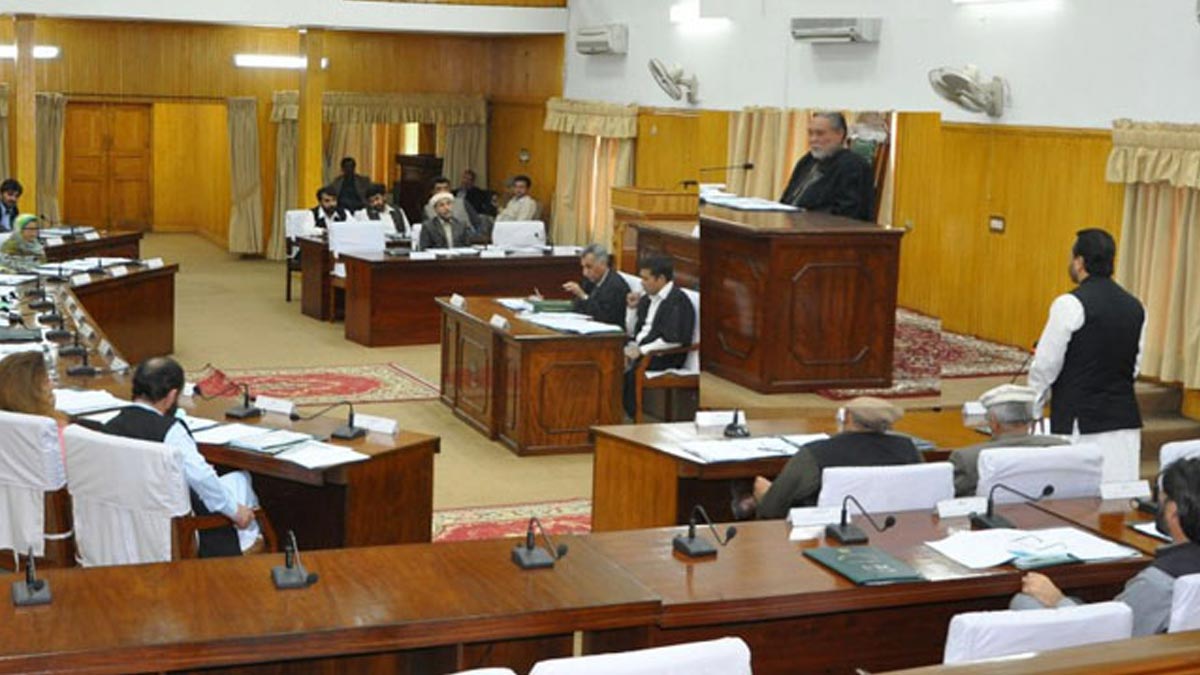- January 16, 2020
- @admin
- 0
- 16th January 2020
Islamabad: (Parliament Times) Speaking on the report launching event of a report published by Center for Peace, Development and Reforms titled ‘CPEC IN AJK, a gateway to regional connectivity and beyond’ the author shared that four projects were initially sanctioned for AJK in CPEC but no significant development has taken place yet to materialize these projects. The projects included Muzaffarabad-Mansehra-Mirpur and Mangla Highway that would connect the Southern and Northern parts of AJK along with two mega hydel projects at Kohala and Karot. A special economic zone for Mirpur was also among the enlisted projects that would’ve uplifted the domestic manufacturing in AJK but so far, no progress has been made on this project either.

The report authored by Syed Sabur Ali entails a description of CPEC projects in AJK and the economic opportunities arising thereafter. The event was attended by the representatives of political parties, civil society members, journalists and youth activists from across Azad Jammu Kashmir. The event was moderated by Syed Waqas Ali Kausar, Head of the Department, Governance and Public Policy at the National University of Modern Languages and Dr. Rashid Aftab from Riphah International University, Islamabad.
The author’s presentation was followed by a series of questions and comments from the participants. Mr. Fareed Ullah who works as the Executive Assistant in Federal Government’s CPEC authority pointed out that the political uncertainty in the country and lack of consensus amongst the provinces has resulted in a delay in the CPEC projects. Responding to the queries and concerns regarding environmental hazards of the hydel projects like Kohala, Mr. Fareed Ullah said that in reality, there’s no grave environmental hazard associated with these projects that people are fearful of and it’s actually a western propaganda intending to jeopardize CPEC in AJK.
Former AJK Minister for Social Welfare, Ms. Farzana Yaqoob emphasized that research and documentation of issues is extremely important to start a discourse around CPEC in AJK. She applauded CPDR for taking a lead in this regard. She stressed the point that development of human resource and coordination amongst various government bodies is extremely important to actualize the mega initiatives like CPEC.
Executive Director CPDR, Mr. Ershad Mahmud also spoke on the occasion and maintained that the projects for AJK under CPEC should be completed in the planned time frame. Lamenting over the missing connectivity and linkages across Jammu and Kashmir, he stated that MMMM is a corner stone on the route to internal connectivity.

Raja Mansoor, Deputy General Secretary PakistanTehreek-i-Insaf-AJK asked very pertinent questions about the sources and authenticity of the information provided in the report. Responding to his queries, the author acknowledged that the information available in the country on CPEC is sketchy and largely classified and the report is based on both primary and secondary sources of information that are considered authentic.
The Finance Secretary PTI-AJK, Mr Zulfiqar Abbasi criticized the Government of AJK for showing no interest in CPEC related projects. He further lamented over the fact that Special Economic Zone that was sanctioned for AJK in CPEC was called off because the Government didn’t provide the required land. Same was the case with Kohala hydel project which became controversial due to the Government’s inefficiency and AJK will lose 50 Billion rupees annually as a result of the delay in the Kohala project.
Responding to a question about the possibility of development in a disputed land like AJK, Mr. Abbasi said that billions rupees deposited by the local people are lying idle in AJK banks and there’s no positive use of that money. The disputed nature of the land doesn’t stop us from using that money but the inefficiency of the AJK Government has resulted in an almost zero activity on the economic front in AJK.
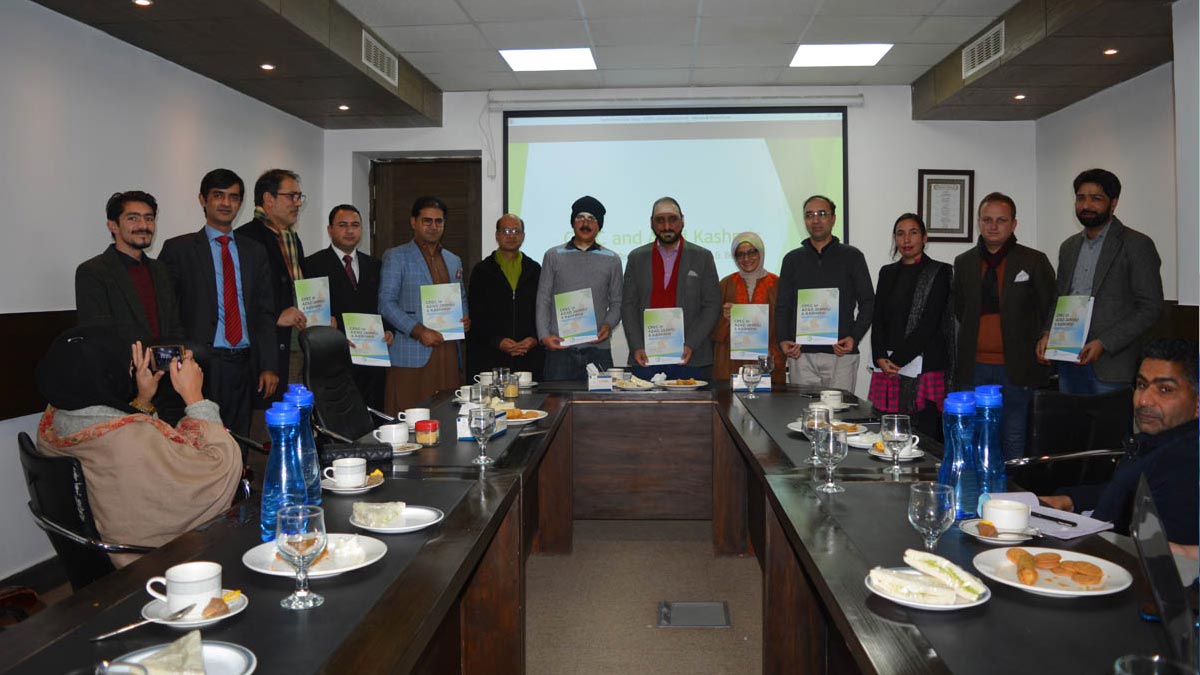
Nyla Altaf who teaches at NUML said that the proper official documentation of these projects hasn’t been done in AJK and all the controversy around the projects is because of the fact that the incumbent government hasn’t taken a lead in the matter. She also emphasized the role of academia in this regard, claiming that the universities shall provide the space for clarifying the controversies around the CPEC projects.
Executive Director of CPDR, Mr. Ershad Mahmud shared the latest on the pace of CPEC projects in AJK, mourning the fact that even the feasibility of the proposed MMMM Highway hasn’t been confirmed yet. He also pointed out the changing political dynamics in Kashmir and claimed that the prevailing uncertainty could become a major obstacle in the development of the region.
Qaiser Khan, Fawad Aslam, Fatima Anwar and Jalal-ud-din Mughal reminded the audience that there’s a history of broken promises when it comes to the relationship between the Government of AJK and various authorities in Pakistan like WAPDA-Water and Power Development Authority. The promises made at the time of Mangla raising and Neelum-Jhelum hydel projects haven’t been fulfilled yet. Therefore, it’s very difficult for the people of AJK to trust the Federal institutions.
Concluding the event, Rashid Aftab who’s the Director of the Riphah Policy Institute said that it’s very important to talk about the feasibility, environmental hazards and concerns of the common people before initiating a mega project. He appreciated the author for breaking the ice on CPEC in AJK and suggested that the viability of such projects should also be ascertained by the researchers so that the facts could be made clear, and their view point is communicated and endorsed effectively.
Media Links:
Parliament Times | Click Here
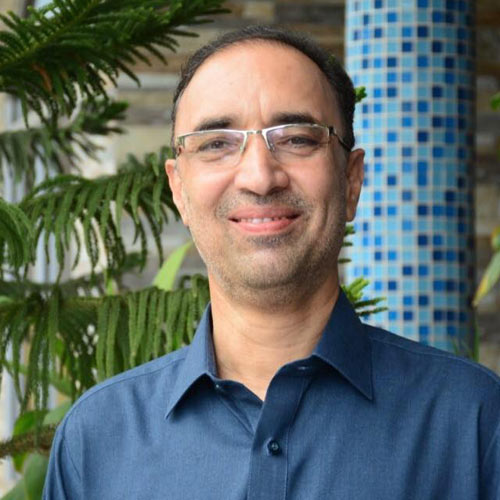
Ershad Mahmud
The writer is a freelance contributor. He can be reached at:









